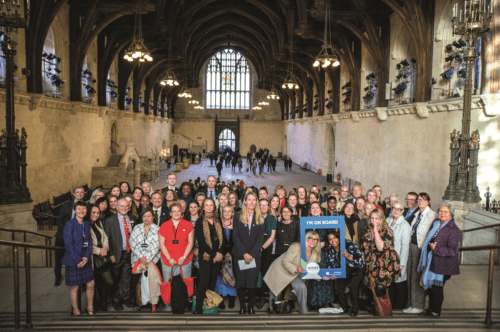
Jonathan Taylor reports from the parliamentary launch of the Women in Bus & Coach network
It’s always alarming (and I’m putting it mildly) when you come across people behaving badly in our industry. Ours is an industry where safety and positive, direct contact with our customers are paramount to success. So the quality of service that has to be delivered isn’t just occasional, it’s pretty much 24/7, whether you’re in the bus or the coach sector.
Perhaps one aspect of our industry, unconscious bias, has let us down in the past. Unfortunately, some people let bias, rudeness and discrimination cloud their judgement and use them against colleagues who they think don’t fit in. It’s extremely uncomfortable being made to feel that you don’t fit in to a job which you want to succeed in. Apart from being wrong and unacceptable, this behaviour gets in the way of growing a business successfully to the benefit of all its employees and customers.
Perhaps along with the legal framework that has, for decades now, made discrimination in the workplace illegal, these negative people just need to be shown a better way. Perhaps they can be shown that everyone who is good enough for the job does fit in, whatever their gender, religion, or race.
Our industry has been, like many others, very much a male-dominated workplace throughout most of the twentieth century, but has slowly changed in this century to accept women as equally capable for all at all levels.
[…]By subscribing you will benefit from:
- Operator & Supplier Profiles
- Face-to-Face Interviews
- Lastest News
- Test Drives and Reviews
- Legal Updates
- Route Focus
- Industry Insider Opinions
- Passenger Perspective
- Vehicle Launches
- and much more!


